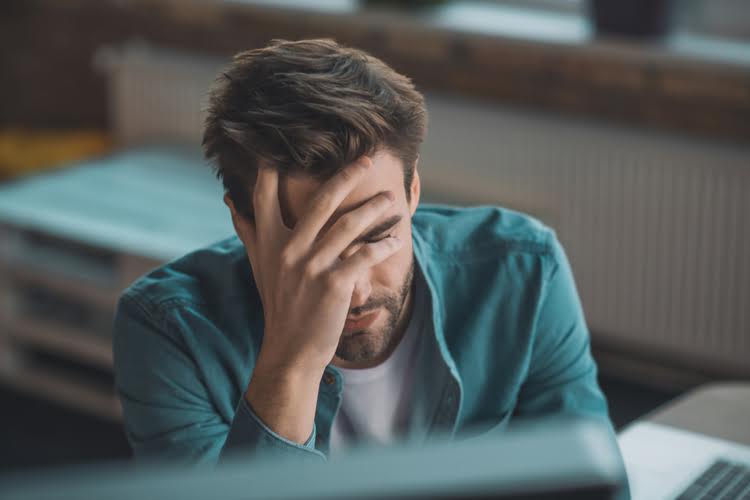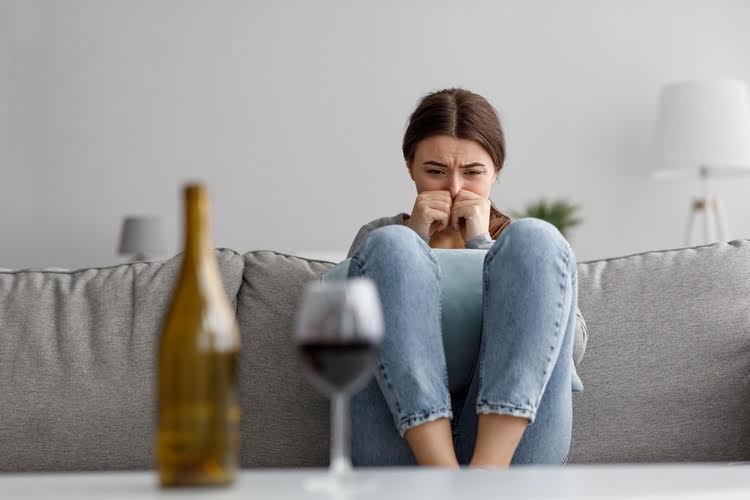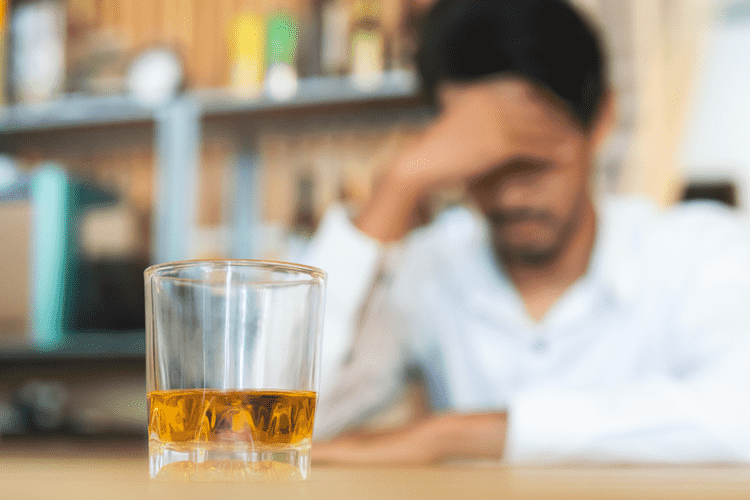Posted on November 24, 2021
Content
If you are managing your diabetes with diet and exercise alone, drinking alcohol can stil increase your risk of low blood sugars. And if you take insulin or types of diabetes pills that stimulate insulin production, drinking alcohol can lead to even more serious low blood sugar reactions. People with diabetes should talk with their doctor to make sure alcohol is safe for them. For example, it is important not to drink on an empty stomach. Eating food, especially carbohydrates , with alcohol can keep blood sugar levels from dropping too low. The effects of alcohol on blood sugar, for instance, can vary depending on the amount of alcohol consumed. Drinking a small amount of alcohol can cause blood sugar levels to rise.

This is especially true with carbohydrate-heavy drinks like beer and sweet wine. However, what may be lesser known to nondiabetics is alcohol’s effects on insulin production, blood sugar or glucose levels, and its negative interaction Addiction with some diabetes medications. Any person with diabetes type 1 or type 2 that chooses to drink alcohol is advised to monitor their drinking very closely. Excessive drinking and alcohol use can become dangerous quickly for diabetics.
Choose Drinks That Are Generally Lower In Carbohydrates
Club soda and soda water are both great mixers for diabetics because they don’t have any calories, sugar, or carbs. Mix a shot of vodka with three to six ounces of club soda, squeeze in a bit of lime, and stir over ice. You can alter the drink by adding different citrus fruits. It tastes great with lemon, a mixture of lemon and lime, or even a squeeze of orange or grapefruit.

Those on the opposite ends of the spectrum—people that drink heavily and those that don’t—have a greater risk. Because alcohol decreases your liver’s efficiency at releasing glucose and slows down the digestion of food you just ate, drinking puts you at risk of “alcohol-induced hypoglycemia”. Hypoglycemia, or a hypo, is when you don’t have enough glucose in your bloodstream so your BG is dangerously low. The increase in blood sugar levels gives way to hyperglycemia, or too-high blood sugar. This can cause a host of symptoms, from thirst and frequent urination to slow-healing wounds and disorientation.
Diabetes Guide
Diabetes and alcohol consumption is never something to take lightly. Although it is possible to drink alcohol on occasion as a diabetic, drinking always has to be closely monitored. Drinking can also increase the risks of a range of other diabetes-related health conditions, including serious cardiovascular and neurological issues. Check your blood glucose levels before, during and after you drink to know how you are doing. A 2015 meta-analysis reviewed 38 cohort studies to determine whether alcohol is a risk factor for diabetes. It found moderate consumption appeared to offer some protection against the condition in women and Asian populations, while heavy consumption raised the risk in almost all groups.
The reason diabetes and alcohol is such a complicated combination is because your body essentially views alcohol as a poison that the liver must process immediately. Several mechanisms may contribute to alcohol-induced increases in triglyceride levels. First, alcohol likely stimulates the generation of VLDL particles in the liver, which are rich in triglycerides. Third, alcohol may enhance the increase in triglyceride levels in the blood that usually occurs after a meal. Too much drinking, on the other hand , can lead to higher blood sugar and A1C. If you have both Type 1 or Type 2 diabetes and drink alcohol you may be at a heightened risk for diabetes complications.
Diabetes Self
“Sugar-sweetened drinks are absorbed into your bloodstream much too quickly, causing a spike inblood glucose levels,” explains Basbaum. A typical 12 oz can of soda contains about 39 g of carbs, according to the USDA.
Type 2 diabetes and alcohol – Medical News Today
Type 2 diabetes and alcohol.
Posted: Sun, 15 Aug 2021 07:00:00 GMT [source]
The effects of alcohol can last up to 24 hours, so it may be necessary to regularly monitor your blood sugar the following day to avoid dangerous lows. Do not drink on an empty stomach or when blood sugar levels can diabetics get drunk are low. Normal fasting blood sugar levels should be in the range of 70–100 milligrams per deciliter (mg/dl). People who have untreated diabetes generally have blood sugar levels higher than 126 mg/dl.
Does Quitting Alcohol Lower Blood Sugar Levels?
The two most common forms of diabetes are type 1 and type 2 diabetes, with type 2 diabetes accounting for at least 90 percent of all cases. Type 1 diabetes is an autoimmune disease—that is, a disease in which the body’s immune system attacks and destroys not only foreign molecules or organisms but also some of the body’s own cells. In most patients, the disease develops before age 40, primarily during childhood or adolescence. In those patients, the immune system attacks certain cells of the pancreas, called beta cells. Most importantly, insulin leads to the uptake of the sugar glucose into muscle and fat tissue and prevents glucose release from the liver, thereby lowering blood sugar levels (e.g., after a meal) . As a result of the immune system’s attack, the beta cells can no longer produce insulin.
- Alcohol is high in sugar and calories, which can raise the risk of type 2 diabetes.
- Therefore, to avoid alcohol-related hypoglycemia and its consequences, diabetics should consume alcohol only with or shortly after meals.
- Thus, both neuropathy and vascular disease likely play significant roles in impotence in diabetic men.
When not managed properly, diabetes can lead to numerous physical problems, including nerve, kidney and heart damage. If you choose to imbibe, do so in small quantities, especially because alcohol can cause blood sugar fluctuations, notes theAmerican Diabetes Association .
Diabetes Health Center
It takes a lot of work to find out how many carbs are in different foods, and you have to be diligent in keeping track of what you’re eating and adding up the carbs. Read on to learn more about what carb counting is and whether or not it’s right for you. The mechanisms underlying the development of alcoholic ketoacidosis are complex. However, some typical contributing factors result in insulin lack and excess glucagon levels, thereby promoting the development of ketoacidosis. As mentioned earlier in this article, poor food intake can lead to depleted glycogen levels.

From people in active recovery to advocates who have lost loved ones to the devastating disease of addiction, our community understands the struggle and provides guidance born of personal experience. Don’t use dangerous equipment, or engage in activities that require coordination, concentration, or alertness. Don’t take a hot bath, hot tub or sauna because the heat combined with the alcohol may cause your blood pressure to drop too much. If you should pass out, those around you need to know that this is a medical emergency, and not just a sign of intoxication.
Alcohol, Diabetes, And Hypoglycemia
All alcohol contains about 7 calories per gram, which is more than carbohydrates and only slightly less than fat . Verywell Health’s content is for informational and educational purposes only. Our website is not intended to be a substitute for professional medical advice, diagnosis, or treatment.

Ask your doctor if you are healthy enough to drink alcohol. Especially if you are on other medications, it is imperative you ask your physician if you’re able to consume alcohol while on them. If you are insulin dependent, your doctor may want to adjust your dosage recommendation while drinking.
On the day of admission to the hospital and on the following day, the fasting blood sugar levels of the drinking type 2 diabetics were significantly higher than those of the nondrinking type 2 diabetics. On later days, no significant differences in fasting blood sugar levels existed between the two groups of diabetics. If you’re having frequent trouble in managing your blood sugar levels, you should consider if it’s safe for you to drink alcohol. Alcohol is absorbed directly into the bloodstream from the stomach or the small intestine, carried through the body, and delivered to the liver. While the liver is dealing with the alcohol, it can’t convert stored glycogen into the glucose needed to keep blood sugar levels normal. In fact, some evidence shows that many people with type 2 diabetes can safely enjoy drinking alcoholic beverages. And believe it or not, moderate drinking may even bring about some benefits.